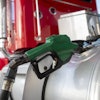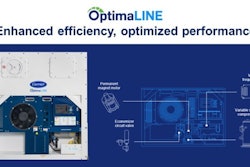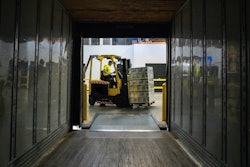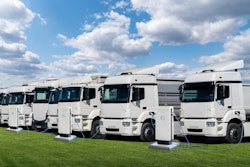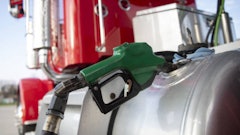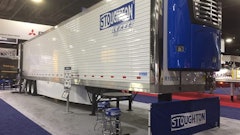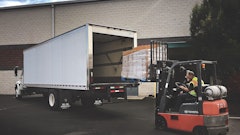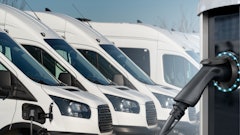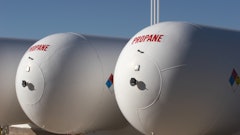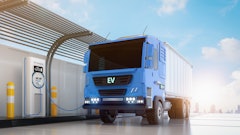
Back-up power sources are key to ensuring resiliency in a warehouse setting, especially when food and other perishables are considered. With a variety of energy sources available, selecting the best one to fit your needs is essential. With an industry-wide push to implement sustainable, eco-friendly measures, warehouse managers are left searching for solutions that are good for the environment and their budget.
Fortunately, propane is a clean, readily available energy source capable of powering prime and backup generators while producing at least 52% greenhouse gas emissions than electricity generated from the U.S. electric grid. Plus, propane can be used independent of the electric grid, ensuring continuous, reliable power for dry and cold storage.
Propane power generation
Whether planned or unplanned, power outages can happen at any time. By incorporating a variety of power generation options, warehouse managers can mitigate the effects of hazards beyond their control.
Portable propane generators offer versatility in a supply chain setting and can go wherever power is needed, whether or not an area is connected to the grid or another power source. For a more permanent installation, propane standby generators provide power within seconds of a main power interruption and can handle a warehouse’s energy needs for days, unlike solar or wind-powered systems, making it an ideal backup or prime power option for cold storage.
Plus, unlike diesel which degrades over time, propane has an indefinite shelf-life ensuring robust energy solutions like microgrids are ready to operate at a moment’s notice.
Microgrids are local, self-sufficient electric grids that can disconnect from the traditional grid and operate autonomously, often made up of one or more distributed energy solutions, such as solar panels, wind turbines, and generators that produce and store energy. According to research from PERC, propane can be cost-competitive with diesel for large commercial microgrid applications. Propane generators offer economic and environmental benefits that make them a great low-carbon energy source for microgrids. Propane fuel cells can also lead to near zero emissions of nitrogen oxides (NOx), SOx, carbon monoxide (CO), and hydrocarbons (HC), as well as a 16 percent reduction in carbon dioxide (CO2) emissions compared to diesel generators. Warehouses in areas with frequent power outages should consider the benefits that a microgrid with a propane generator could bring to their operation.
Propane-powered forklifts
As an added bonus, propane ensures resilient equipment. Power outages leave battery-electric applications stranded, and gasoline and diesel stations disabled because they require electricity to pump and distribute the fuel. During disruptions, fleets with propane can work with their local supplier to have a propane bobtail delivery vehicle on-site to provide fuel and maintain a reliable energy supply during times of greater need.
Propane-powered forklifts require a fraction of the time to refuel compared to the time an electric lift needs to recharge. Also, as a battery gets older, the charge doesn’t last as long, which causes forklift operators to have to stop and recharge. A propane cylinder, on the other hand, provides 100% power that can last an entire eight-hour shift, even during times of disruption. When the cylinder is empty, operators can simply swap it out for a full one and continue working.
Plus, propane forklifts can be used safely both indoors and out, in hot or cold temperatures, making it an ideal option for dry and cold warehousing operations.
Ultimately, warehouses using propane for prime, backup, and equipment power are better equipped to handle whatever energy-related challenges come their way.



